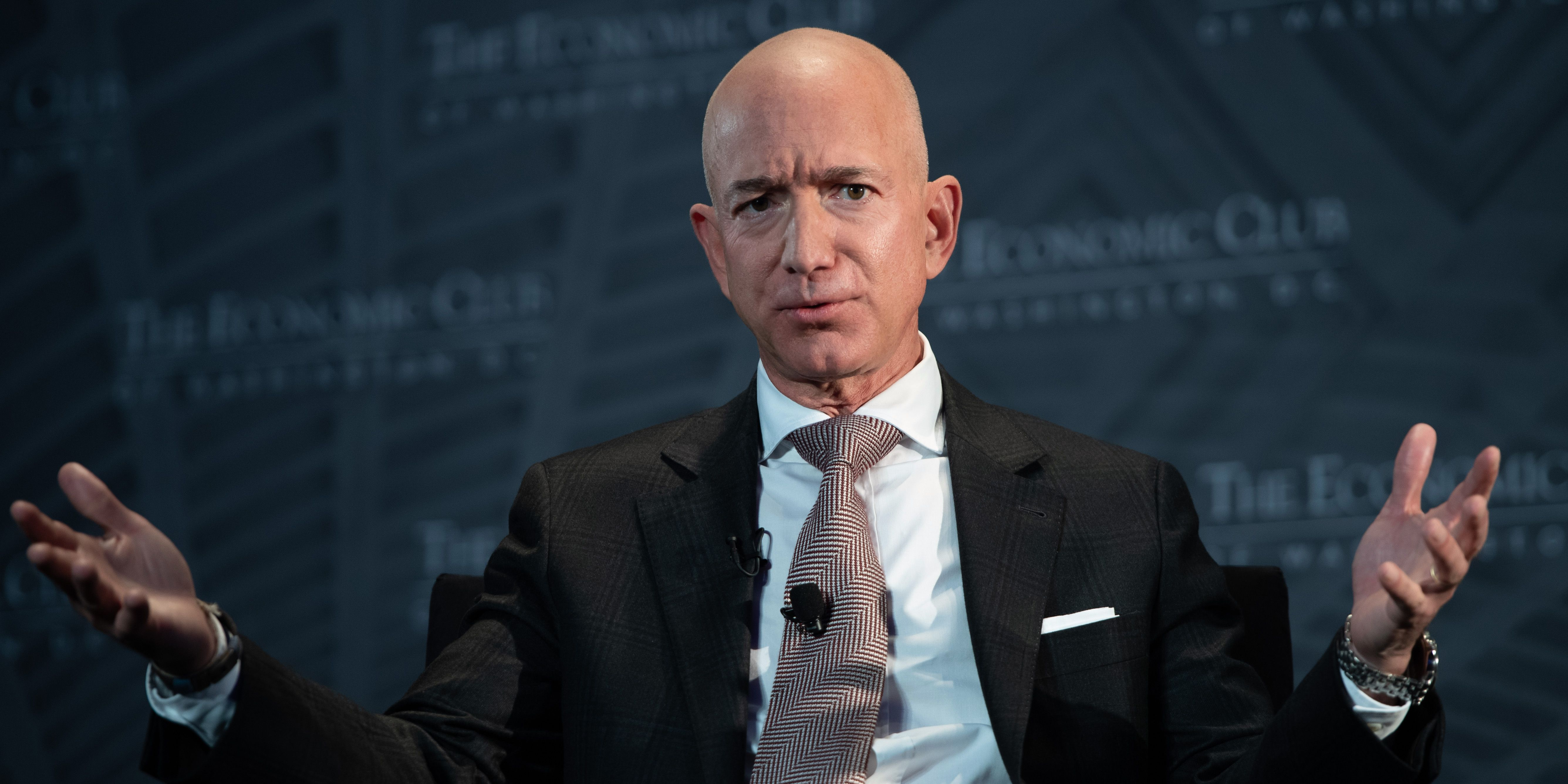- Amazon made changes to its product-search algorithm to give top billing to its own brands late last year, according to a Wall Street Journal report.
- The changes to the search algorithm reportedly came after pressure from Amazon’s retail executives, despite objections from its algorithm team and its own lawyers.
- Meanwhile, Amazon faces an ongoing Federal Trade Commission probe into whether the company is using its dominance in online retail to unfairly edge out competition.
- Amazon said in a statement that it does consider long-term profitability when designing algorithms, but denied that it changed its search rankings to be more profitable.
- Visit Business Insider’s homepage for more stories.
Amazon adjusted its retail search algorithms to favor its own products and listings that would make it the most money, according to a bombshell Wall Street Journal report published Monday.
People who worked on the changes told Journal reporter Dana Mattioli that Amazon’s retail executives pushed for the changes, despite resistance from algorithm developers and the company’s own lawyers.
For more than a decade, Amazon’s search listings primarily showed the best-selling and most relevant results. After the algorithm was reportedly changed, search results showed products that would be the most profitable for Amazon, such as the company’s private-label products or third-party listings that would make Amazon more money than its own products.
Amazon now single-handedly controls 36.5% of US online retail sales. Its search bar is the No. 1 way for American shoppers to find products to purchase online, according to data analytics firm Jumpshot.
The retail giant currently faces an ongoing Federal Trade Commission investigation, which is probing whether Amazon uses its dominance to unfairly edge out competitors. Amazon's own attorneys voiced concern that changes to its search algorithm could violate antitrust laws, according to the Journal.
Read more: A brewing FTC antitrust investigation into Amazon is looking more and more serious
Amazon CEO Jeff Bezos has attributed the company's success to its "customer obsession" principle, which touts its devotion to earning customers' trust. Employees told the Journal they were worried that principle was being violated by the algorithm changes.
In its statement to Business Insider, Amazon said it considers long-term profitability when designing algorithms, but denied that it changed its search rankings deliberately to be more profitable.
Amazon's private-label business currently represents less than $2 billion, but is expected to grow to $31 billion in sales by 2022, according to investment firm Suntrust Robinson Humphrey.

